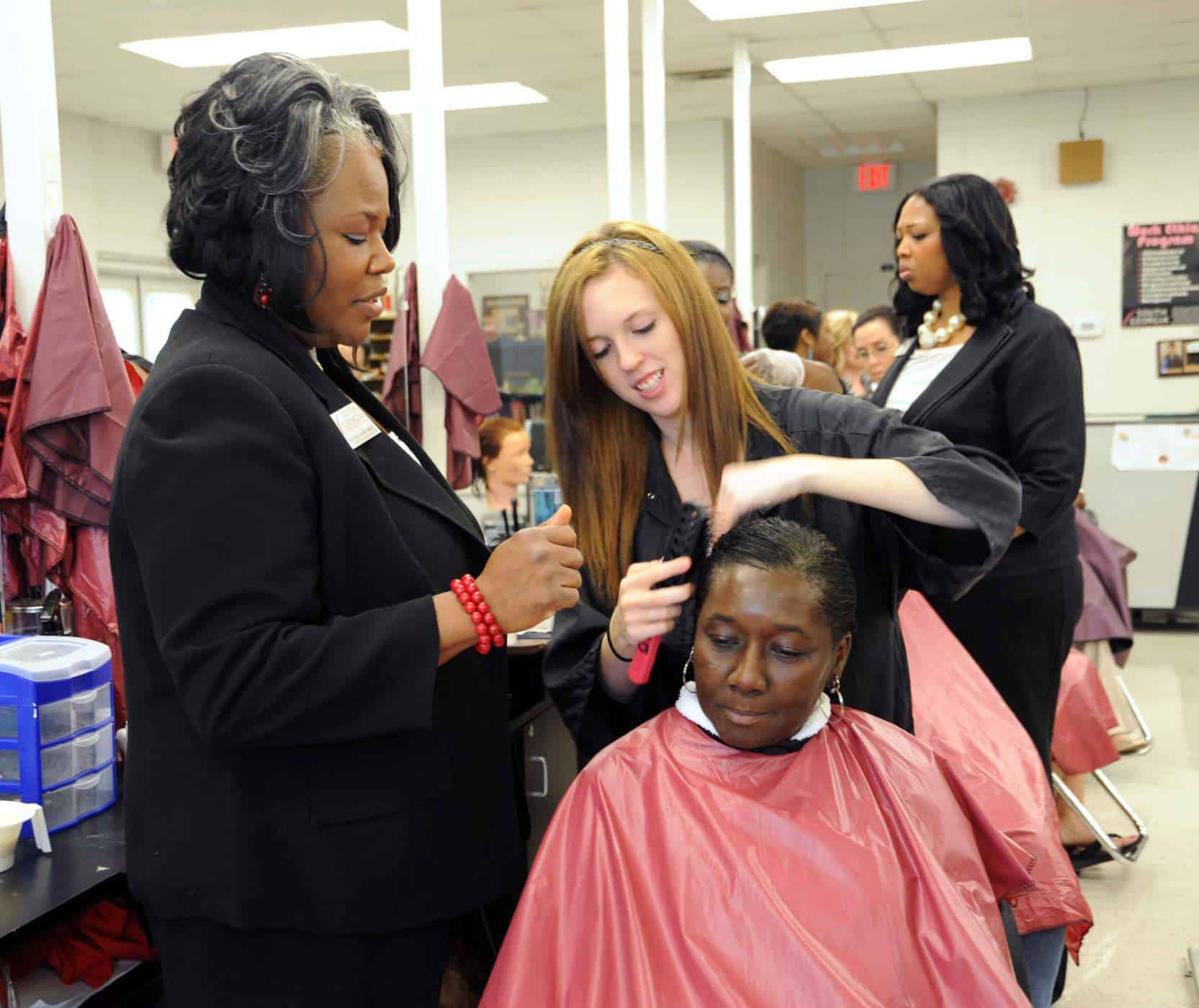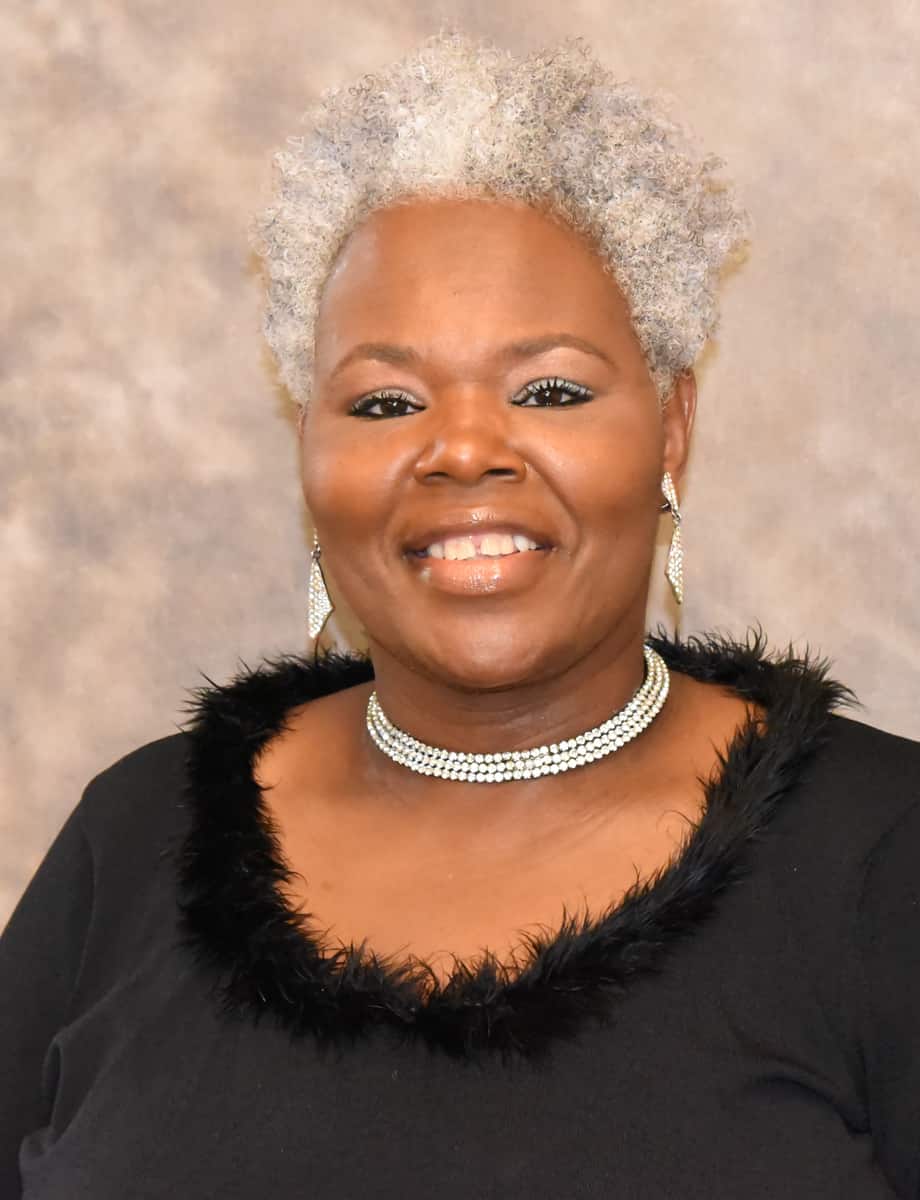The Cosmetology Instructor trainee TCC provides a course of study for learning the skills needed to teach the theory and practice of skills in cosmetology as required by the Technical College System of Georgia. Course work includes requirements for becoming an instructor, introduction to teaching theory, methods and aids, practice teaching, and development of evaluation instruments. Graduates of the program may be employed as cosmetology instructors in public or private education institutions and business in Georgia and many other states.
| Course | Credit Hours |
|---|
| OCCUPATIONAL COURSES | |
| COSM 2000 Instructional Theory & Document Introduces the fundamental theory and practices of the cosmetology instructor profession. Emphasis will be placed on fostering and providing educational training in the field of Cosmetology. Topics include: state and local laws, rules and regulations, professional image, effective communication, theory of instruction, Hazardous Duty Standards Act Compliance, career opportunities, documentation for attendance, grades, student service and theory hours, basic record keeping, and effective use of an advisory committee.2419 | 4 |
| | |
| COSM 2020 Principles of Teaching Provides knowledge and application on the principles of teaching. Topics include: educator to learner relationships, communication skills, emotional influences, needs of today*s learner, destructive verses constructive tactics, learner motivation, and cultivating positive relationships.2421 | 3 |
| COSM 2030 Lesson Plans Emphasizes the steps in involved in the development of a lesson plan. Topics include: development of curriculum, instructional outcomes, components of a lesson plan, using visual aids, print materials and audio visuals in a lesson plan.2422 | 3 |
| COSM 2040 Classroom Management Emphasis will be placed on classroom management, professionalism in the classroom and dynamic clinic teaching. Topics include: classroom management, managing learner behavior, managing difficult learners, classroom arrangements, clinic environment, and academic advising and counseling.2423 | 3 |
| COSM 2050 Instruction and Evaluation Identify the characteristics of the different learner types, teaching methods, and measuring student learning outcomes. Topics include: challenges for all learner styles, lecturing, preparing for a lecture method of teaching, testing, academic policy, rubrics, special learner needs, multiple-category grading system.2424 | 2 |
| COSM 2060 Practicum I Provides experience necessary for professional development and completion of requirements for Instructor training state licensure. Emphasis will be placed on the trainees display of professional conduct, positive attitude, and evaluation of learners in a classroom/lab setting. The requirements for this course may be met in a classroom/laboratory setting. Topics include monitoring and evaluating in the following areas: theory/online testing; permanent waving and relaxers; hair color and bleaching; skin, scalp, and hair treatments; haircutting; dispensary; styling; manicure/pedicure/advanced nail techniques; dispensary; reception; safety precautions/decontamination; Hazardous Duty Standards Act compliance.2425 | 3 |
| COSM 2070 Practicum II Provides experience necessary for professional development and completion of requirements for instructor training state licensure requirements. Emphasis will be placed on the trainees display of professional conduct, positive attitude, and evaluation of learners in a lab setting. The requirements for this course may be met in a classroom/laboratory setting. Topics include monitoring and evaluating in the following areas: permanent waving and relaxers; hair color and lightening; skin, scalp, and hair treatments; haircutting; dispensary; styling; manicure/pedicure/advanced nail techniques; dispensary;reception; safety precautions/decontamination; Hazardous Duty Standards Act compliance.2426 | 3 |
| *24 minimum semester hour credits required for certificate | |


